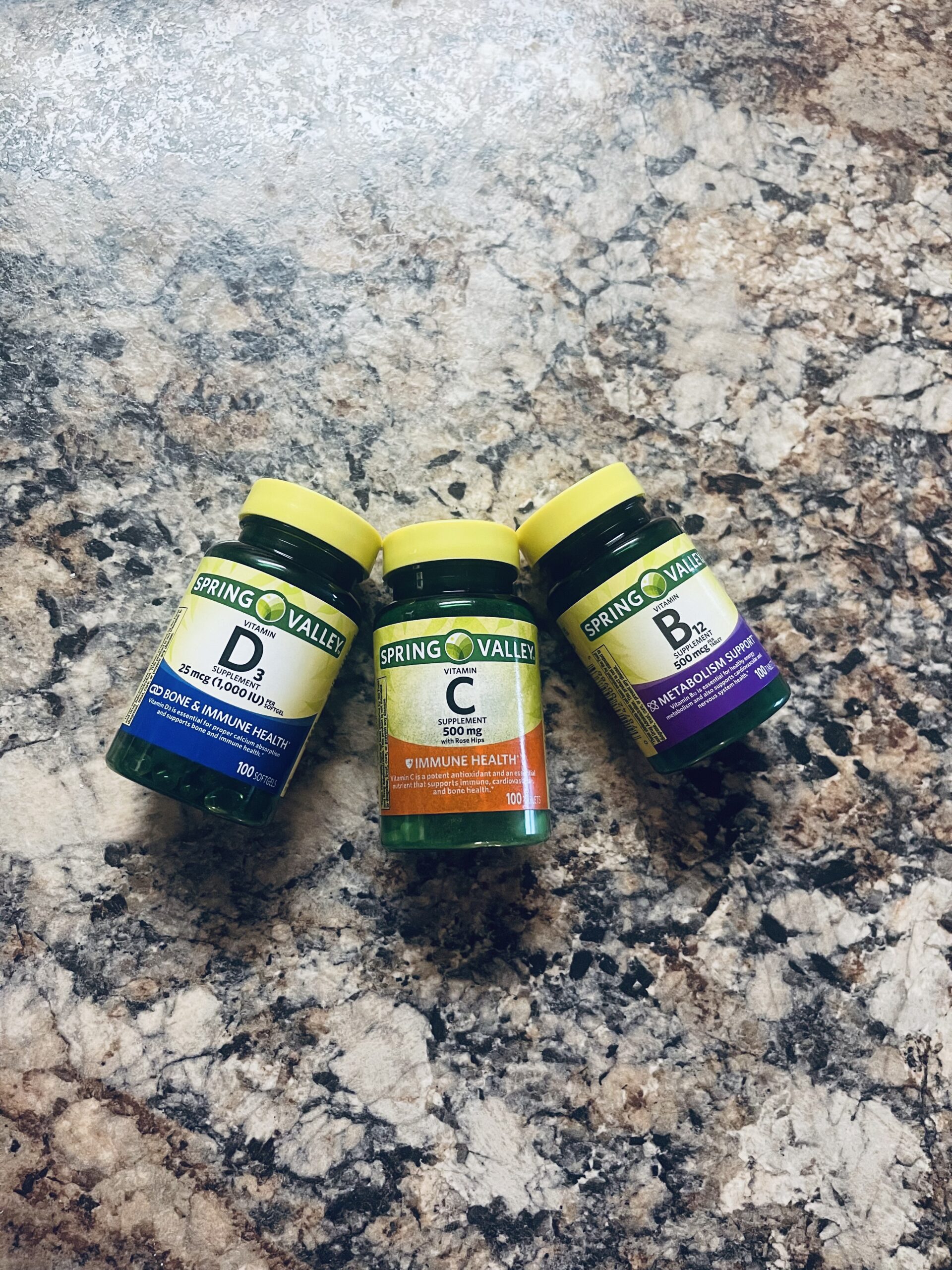Keep yourself healthy this season with these essential vitamins.
Your attention may be drawn to how warm your cap can be and whether your coat has adequate fluff, but during the winter, what you put inside your body might be just as significant as what you put on it. Your body needs nutrients to function normally and to keep infections and other dangers at bay.
Ideally, you should obtain all your nutrients from the meals you consume, but we all know that this is impossible. Supplements have a role in this. Here is a list of vitamins that you can take this winter to stay healthy. However, consult your doctor before introducing a new vitamin to your regimen as always.
The skin needs sunlight to create vitamin D, which can be an issue in the winter when the days are shorter, there’s less sunlight, and it’s too chilly to spend much time outside. Numerous health advantages of vitamin D supplementation include strong bones and enhanced resilience to some diseases. You can also use it to combat the wintertime blues.
Vitamin D is not present in many foods. Fish, dairy products, and mushrooms all contain it, but only at very minute levels, making it difficult to get your daily needs from these foods alone. The amount that is advised has fluctuated throughout time, but according to the Mayo Clinic, consuming between 600 and 2,000 IU, or international units, for those of us who don’t speak vitamin fluently, is both safe and healthy. Naturally, your doctor can advise you on how much is appropriate for you.
There is an increased risk of bone discomfort, bone fractures, muscle soreness, and muscle weakness when vitamin D levels are insufficient, and the body is unable to adequately absorb calcium and phosphorus. It is also to blame for behavioral health problems including depression and anxiety. Severe vitamin D insufficiency levels of less than 10 ng/mL may also contribute to an increased risk of falls in older people.
You would think that vitamin C is a magical vitamin based on how people talk about it. Many individuals swear by it to keep them well and happy during the cold and flu season. We’re sorry to burst your happy little immunity bubble, but that’s not always the case. Although vitamin C cannot prevent colds, it can help to lessen their intensity. This is because vitamin C boosts your immune system.
Are you looking for C outside of the bottle? Cranberries, citrus fruits, leafy greens, and bell peppers are all good options. An apple a day may not keep the doctor away, but an orange may, and even if it doesn’t, it tastes delicious. “A severe vitamin C shortage is the root cause of the disease scurvy. The key factor causing the condition is a lack of fruit and vegetable consumption,” says the CDC. Scurvy, if left untreated, can cause bleeding gums, loose teeth, and skin bruising. Getting a lot of vitamin C in your diet is part of the treatment for the illness.
You’ve probably heard of superfoods. What about super vitamins, though? Due to their ability to preserve cell health and keep you feeling energized, the B vitamins most definitely belong in that super category. There are various varieties of B vitamins with various advantages. B-12 aids in the control of your neurological system, while B-6 aids in the conversion of food into energy. B-1 and B-2 also help you turn food into energy and promote healthy neurological functions and eyesight.
B-12 is especially helpful during the colder months because it can lift your spirits and give you more energy. Whole grains, red meats, legumes, and leafy greens are all good sources of the wintertime dose. Lack of vitamin B can cause neurological issues like persistent tingling in the hands and feet or balance issues if left untreated. Being deficient in vitamin B might induce mental disorientation and forgetfulness since good brain function depends on this vitamin.
Vitamins and minerals are essential components for overall health and well-being throughout the year, not just in the winter. Supplements can be beneficial for preserving a strong immune system, staying warm, and battling the winter blues. Additionally, it’s critical to keep in mind that there are no miracle drugs or vitamins.
The vitamins you require should be provided by a balanced diet, and supplements should do just that—supplement. Find out the proper dosage for you by discussing any deficits you may be having with your doctor. Ensure that you are drinking enough water.
Visit the North Dakota State University Student Health Service on campus to get your flu shot. The flu vaccine reduces the risk of illnesses, hospital stays, doctor visits, and fatalities. It keeps everyone healthy and is a crucial preventive measure for those with long-term medical concerns.
